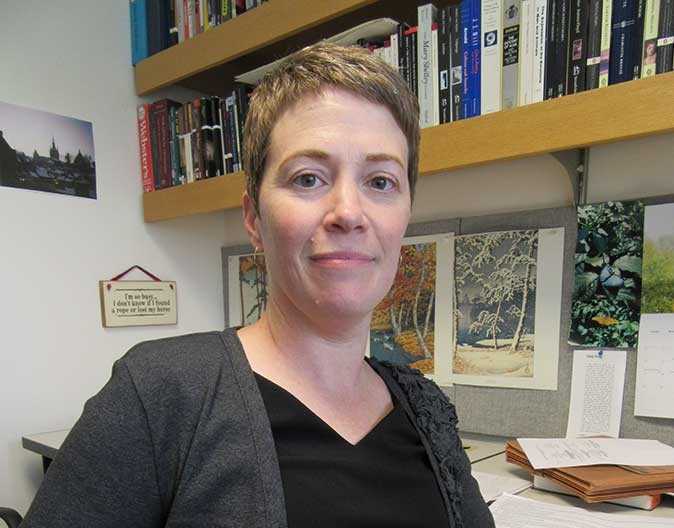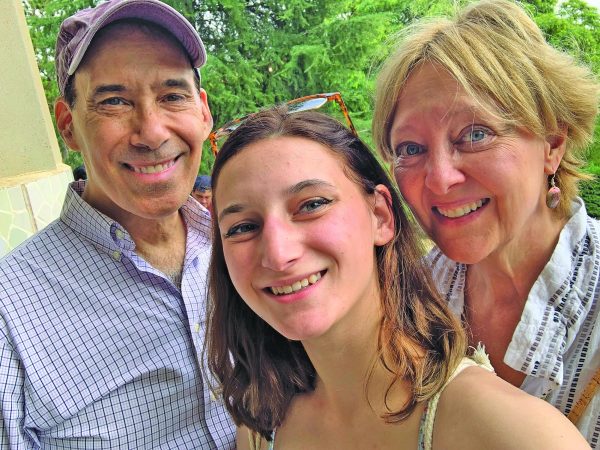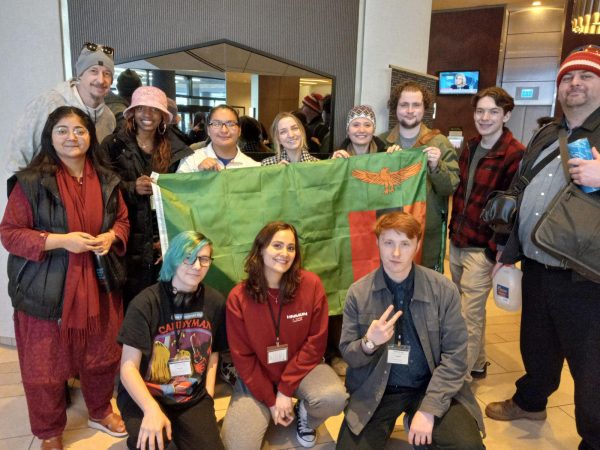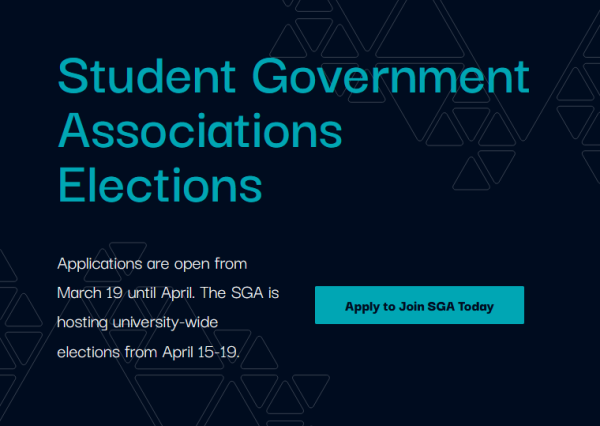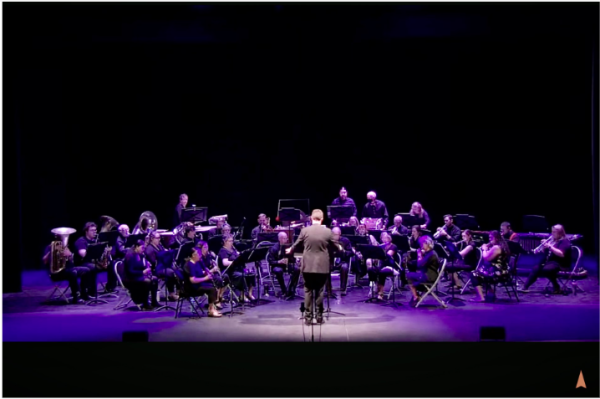NVU team works toward a unified gen-ed plan
With the pending unification of JSC and LSC, eight professors — four from each college — are in a race to create a new, singular general education program for the incoming students of fall 2018.
The Northern Vermont University Core Curriculum Team began planning the new gen-ed program during the summer and hope to have a model completely approved by November. Dr. Sharon Twigg, JSC Associate Professor of Writing and Literature and team chair, said, “I don’t know of a gen-ed program, certainly in our history, that’s had to undergo such a quick transformation.”
The seemingly impossible timeline is made feasible by a Davis Grant, which allowed the team to meet during the summer before school began. “Part of the reason why it often takes a good stretch of time, two or three years, to develop a new gen-ed program is usually because faculty are working on it in addition to all of their other projects,” said Twigg. She and the rest of the team held four-hour meetings over 10 times during the summer, and in that time a rough model was created.
“It’s funny because we didn’t really start out with the intention of having it look like either Lyndon or Johnson,” Twigg said. “We were really open to any kind of possible model, but in the end, it’s a little bit of a combination of the two current models. I think that’s because not only did Johnson go through a recent redesign, but Lyndon did too.”
The fact that both Lyndon’s and Johnson’s current gen-ed programs are still quite new calls to question the need for yet another curriculum remodel. The college’s accrediting agency, New England Association of Schools and Colleges (NEASC,) requires that an institution have the same learning outcomes for a program. “Beyond that, NEASC is open to however you want to make that happen. So potentially there could be two different programs on two different campuses,” Twigg said. However, one program shared by both campuses seems to be in the best interests of the students and faculty. “It’s less complicated for the students and it’s less complicated for the faculty and staff to have one program. Particularly if we have, as we plan to have, students who may be taking courses across the campuses and we want to make sure that the same types of courses count for the same things on both campuses. It’ll just be much more user-friendly for students.”
While the current gen-ed curriculum for JSC has four perspectives, this proposed curriculum will have five. As of now, those five core themes are called Natural and Physical Worlds, Being in the World, Diversity in the World, Interpreting the World, and Creating your World. “They’re all focused on this guiding question for students, which is, ‘How can I make an impact in the world?’” Twigg said. The learning goals laid out in the model are intellectual curiosity and flexibility, self-knowledge and lifelong learning, and diversity and sustainability.
Another change from the current model is the fact that the courses would not be required to be interdisciplinary. “That’s partly because some faculty are comfortable teaching interdisciplinary approaches and some just aren’t, and so we found that with the current Johnson model one of the obstacles was having enough faculty and having enough courses that fit that interdisciplinary aspect,” said Twigg. “We propose that the gen-ed program, just like a major, also have a kind of capstone that would be the interdisciplinary experience.” She went on to give hypothetical examples of possible capstones for the core curriculum such as “Sustainable Futures” which could include a class on climate change and one on environmental literature.
The planning process was challenging yet positive for the team. “Academics like a good problem to look at from all sides and solve and come up with the best solutions,” said Twigg.
Dr. Rob Schulze, JSC assistant professor of Education, found the variety of viewpoints and disciplines a definite plus. For him the process of collaboration has been both interesting and rewarding. “We had a good team from both campuses, a variety of disciplines represented, of sciences and liberal arts and everything like that. I think there’s been a lot of good voices and a lot of collaboration,” he said.
That diversity of views and disciplines, while bringing depth to the design process, could have complicated the process of reaching consensus on the basic design of the new gen-ed, but according to NVU Provost Dr. Nolan Atkins, the benefits have outweighed the complications.
“The challenge with eight faculty that all have different views and different perspectives it is at times difficult to come to a consensus on an issue,” Atkins said. “But I would say on the flipside that the conversations have been very productive and great to have different perspectives on the committee. To take an idea, to discuss it, to modify it and move forward. So, I would say that’s been a strength and a challenge at the same time.”
Students and faculty on campus will be able to help shape how the model turns out. “All voices are important, particularly the student voices, and now that the students are back the committee fully intends to share the goals, the outcomes, and these proposed models with the students to get a sense of what they think of it,” Atkins said.
At both campuses, there will be four meetings throughout September that are open to everyone. There will also be two meetings specifically for students in the residence halls. All the dates and times of these meetings have already been emailed to every JSC student.
“The student perspective is critical for developing a new gen-ed program, just because many of you are actively engaged in general education so that perspective is very, very important,” said Atkins.
Schulze also wants students to be active in this design. “I would encourage any student out there who’s interested in this to read up on it,” he said. “All the resources are out there and if you see something that is atrocious, by all means let us know.”
The members of the team for Johnson are Professor and Chair of the Business and Economics Department Dr. James Black; Professor of Biology Dr. Bob Genter; Associate Professor of Writing and Literature Dr. Sharon Twigg; and Assistant Professor of Education Dr. Rob Schulze.
The Lyndon members are Assistant Professor of English Kristi Castleberry; Associate Professor English, Philosophy, and Film Studies Chandler Gilman; Assistant Professor of Exercise Science Dr. Aimee Pascale; and Associate Professor of Social Sciences Dr. Paul Searls.
NVU Provost Dr. Nolan Atkins sat in on the meetings.
Ed note: The grant was received from the Davis Educational Foundation established by Stanton and Elisabeth Davis after Mr. Davis’s retirement as chairman of Shaw’s Supermarkets, Inc.


